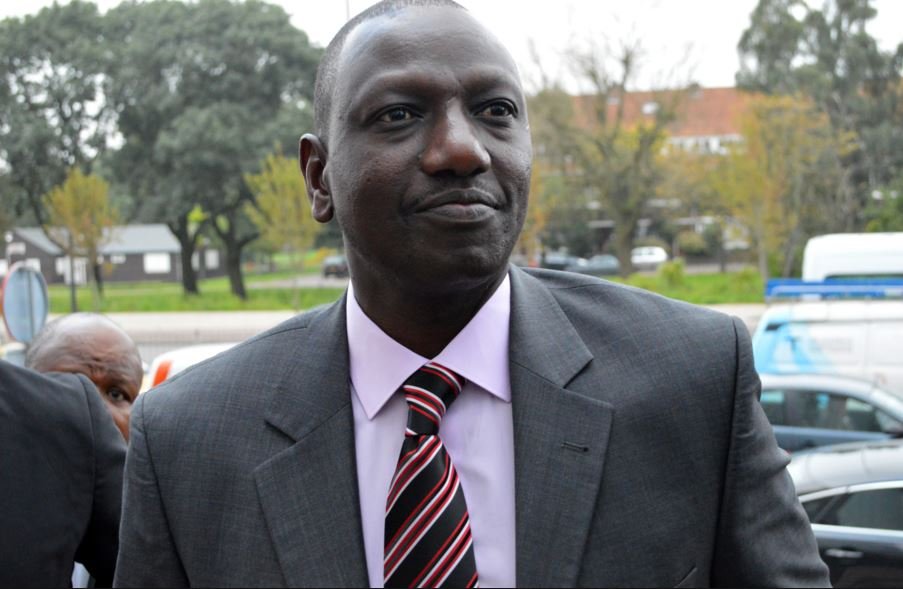Amnesty slams unlawful killings by Jamaican police
Amnesty International criticized the Jamaican authorities on Wednesday for a large number of unlawful killings carried out by police and their intimidation of victims’ families.
Jamaican police “have allegedly killed more than 3,000 people since 2000 — mostly young men living in marginalized communities,” the human rights group wrote in a new report.
Law enforcement officials killed 92 people between January and October, Amnesty (AI) said in a statement.
Police often manipulate crime scenes after the killings and intimidate victims’ family members to discourage them from seeking justice for the deaths, it said.
“Jamaica’s shocking culture of fear and violence is allowing police officers to get away with hundreds of unlawful killings every year. Shocking injustice is the norm,” AI Americas director Erika Guevara-Rosas said.
“It is widely believed this is a strategy sanctioned by the state to get rid of criminals,” the group said.
The report, citing witnesses and victims’ relatives, points to a “strong likelihood of the existence of individual police officers or even units tasked with carrying out extrajudicial executions on the orders of some governmental authorities or with its complicity or acquiescence.”
Although unlawful killings decreased by half between 2014 and 2015, “little progress has been made in addressing police impunity,” AI said.
Amnesty interviewed more than 50 relatives of 28 people believed to have been victims of unlawful police killings between 2003 and 2014.
Most said they were dogged by steady police intimidation while pursuing justice for the victims, from psychological harassment to illegal detention and beatings.
Jamaica, with a population of 2.7 million, recorded 43 murders per 100,000 in 2015, one of the world’s highest rates. Eight percent were at the hands of the police.
The average homicide rate in the United States is just under five per 100,000 people.
The Caribbean island ranks fourth in the Americas in murder rates after Honduras, El Salvador and Venezuela.


